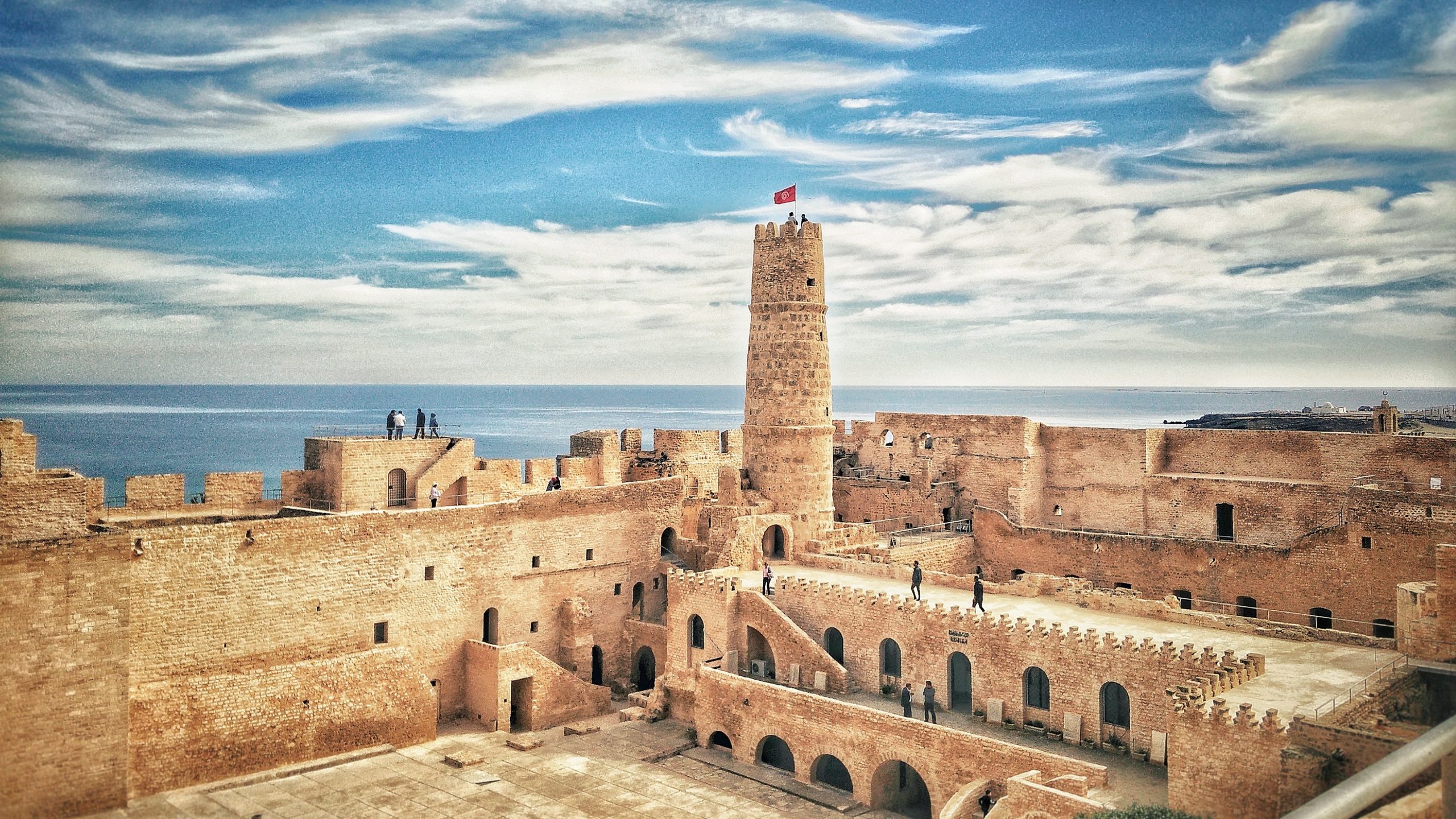Tunisia (Transatlantic Today) – The Tunisian President, Kais Saied’s, health status has been questioned after not attending any public appearances between March 22 and April 3rd.
The 65-year-old delivered a speech on Facebook Live to diminish any rumors about his declining health.

During the speech, Saied stated that he believed the rumors became out of control and were created by the opposition to overthrow authorities. The country has become increasingly authoritarian since he came into office in 2019.
While the Tunisian president has addressed any declining health rumours, the reason behind his disappearance has not been explained. Analysts believe the disappearance is a cause for concern as the country was left without leadership.
Tunisian President Update: What Does The Government Say About His Disappearance?
Ex-Tunisian Foreign Minister Rafik Abdessalem, who is now in the opposing party, has expressed similar concerns and criticizes the Tunisian president for continuing to live in secrecy during his stay in a military hospital.
While many are concerned about the President’s absence, disappearances of North African Leaders aren’t that uncommon. For instance, in 2019, mass protests in the country led to the disappearance of former Algerian president, President Abdelaziz Bouteflika, who had not been seen in public for years.
It is, however, the first time since the Tunisian revolution in 2011 that a major leader has disappeared for an extended period of time.
However, political analysts aren’t surprised given the country’s return to a more authoritarian government.
How Is Tunisia Faring In The Wake Of The Tunisian President Disappearance?
Tunisia, once seen as a sole democracy since the revolution in 2011, is now a one-man, one-rule constitution. The new government was instated last year. This change in leadership has been met with growing opposition.
Ahmed Njib Chebbi, the head of the National Salvation Front (NSV), has called for more information regarding the President’s absence and has warned about the dangers of a one-man, one-rule government.
It’s unclear what would happen if Tunisia needed to transfer power from the current President, but it could lead to more political problems.
Opposing parties have criticized The President for associating himself with undemocratic officials who are not invested in helping the country through national issues with democratic elections.
Since 2021, the country has struggled with a political crisis where the democratic foundation was set up in 2011. While the NSF is attempting to crack down on anti-democratic leadership, it’s believed the opposing parties are not unified enough to make an impact.


























